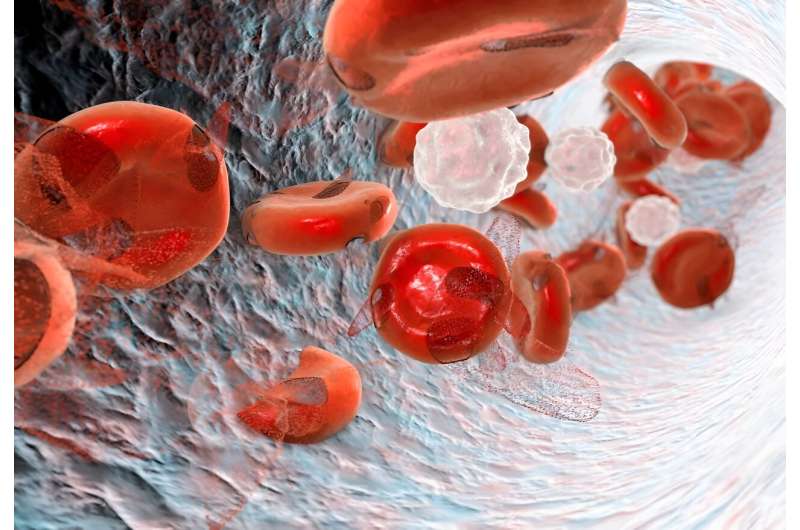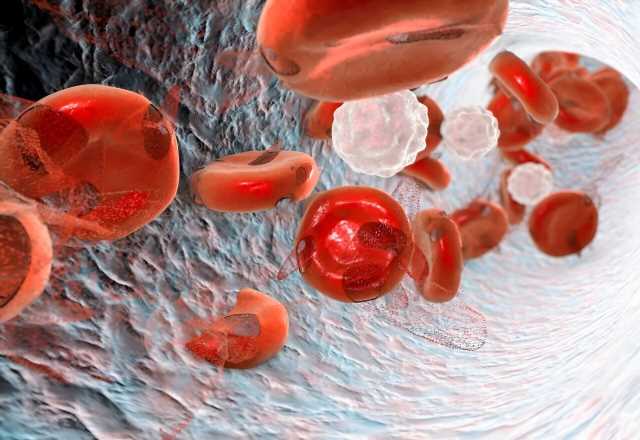
Testosterone replacement therapy (TRT) is efficacious for correcting anemia among middle-aged and older men with hypogonadism and anemia, according to a study published online Oct. 27 in JAMA Network Open.
Karol M. Pencina, Ph.D., from Brigham and Women’s Hospital in Boston, and colleagues examined the efficacy of TRT for correcting anemia in men with hypogonadism and anemia in a placebo-controlled trial conducted at 316 U.S. sites. A total of 5,204 eligible men aged 45 to 80 years with hypogonadal symptoms and cardiovascular disease or increased cardiovascular disease risk were included: 815 with anemia and 4,379 without anemia.
The researchers found that compared with placebo-treated men, a significantly greater proportion of testosterone-treated men had corrected anemia at six months (41.0 versus 27.5 percent), 12 months (45.0 versus 33.9 percent), 24 months (42.8 versus 30.9 percent), 36 months (43.5 versus 33.2 percent), and 48 months (44.6 versus 39.2 percent). A significantly smaller proportion of testosterone- versus placebo-treated men developed anemia among the participants without anemia. There was an association seen for changes in hemoglobin with changes in energy level.
“In middle-aged and older men with hypogonadism and anemia, TRT was more efficacious than placebo in correcting anemia,” the authors write. “TRT was also associated with a reduced incidence of anemia among men without anemia at baseline.”
Several authors disclosed ties to the pharmaceutical industry; one author reported holding a patent for a free testosterone calculator.
More information:
Karol M. Pencina et al, Efficacy of Testosterone Replacement Therapy in Correcting Anemia in Men With Hypogonadism, JAMA Network Open (2023). DOI: 10.1001/jamanetworkopen.2023.40030
Shabbir M. H. Alibhai, Testosterone Replacement in Men With Hypogonadism and Effects on Anemia—Blood, Sex, and Aging, JAMA Network Open (2023). DOI: 10.1001/jamanetworkopen.2023.39969
Journal information:
JAMA Network Open
Source: Read Full Article
